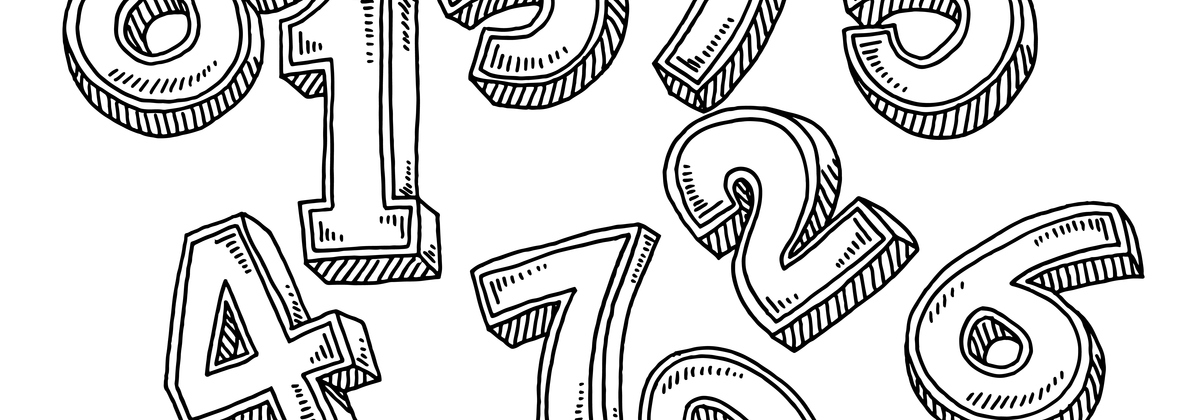

In 40 years of teaching economics, I have always followed my rule of not commenting on my preferences about politicians, even when asked. Well, almost always. There was one exception.
In a lecture on numeracy, which is basically literacy with numbers, I told my students that my favorite candidate for the Republican nomination for president was Indiana governor Mitch Daniels. The reason: as a former director of the federal government’s Office of Management and Budget, Daniels knew the difference between a million and a billion.
The difference, of course, is huge. A billion is a thousand times a million. Another way of saying it is that a billion is 999 times more than a million. Daniels could not have been even a semi-effective head of OMB had he not applied that distinction dozens of times a day. Yet we see politicians regularly demonstrate their innumeracy in matters of public policy. And the results are costly. A little attention to numeracy by politicians, the media, and average citizens would elevate public discussion and would result in better decisions on policy, whether the issue is government budgets, terrorism, or job safety. As a bonus, applying some basic numeracy to our own private lives would help us make better decisions.
The two most important ways people are innumerate are in confusing one large number with another large number and in confusing one small number with another small number.
This is from “What’s Your Number?,” Defining Ideas, January 22, 2020. Read the whole thing.

READER COMMENTS
Frederick Davies
Jan 24 2020 at 7:22am
Mr Henderson might also want to know that in Europe a billion is a million millions, not a thousand millions…
FD
robc
Jan 24 2020 at 7:31am
Isn’t that old school? Haven’t they now adopted the US version of the term?
John Mark Brady
Jan 25 2020 at 2:22am
Yes, they adopted U.S. usage a long while ago.
Mark Brady
Jan 25 2020 at 5:39pm
Yes, the UK adopted U.S. usage regarding the definition of a billion (and a trillion) decades ago.
Alan Goldhammer
Jan 24 2020 at 8:44am
Very nice article! While Wildavsky’s work is good, don’t forget about what Paul Slovik did trying to understand public reactions to real and perceived risk. Slovik was a sometimes collaborator of Tversky and Kahnemann but his work on risk perception was singularly important.
Thaomas
Jan 28 2020 at 12:09pm
I’m not aware of this particular kind of innumeracy being a real problem. Did the public ignore the income transfer to people with high incomes by the “Tax Cuts for the Rich and Deficits Act of 2017” because they confused the addition to the deficit as about one billion instead of about one trillion? Did lawmakers in some states not expand Medicaid because they thought they were denying benefits to a few hundred people instead of a few hundred thousand?
What’s an example of an actual effect of this mistake?
David Henderson
Jan 28 2020 at 3:33pm
You asked:
I gave an example in the article: TSA.
Comments are closed.